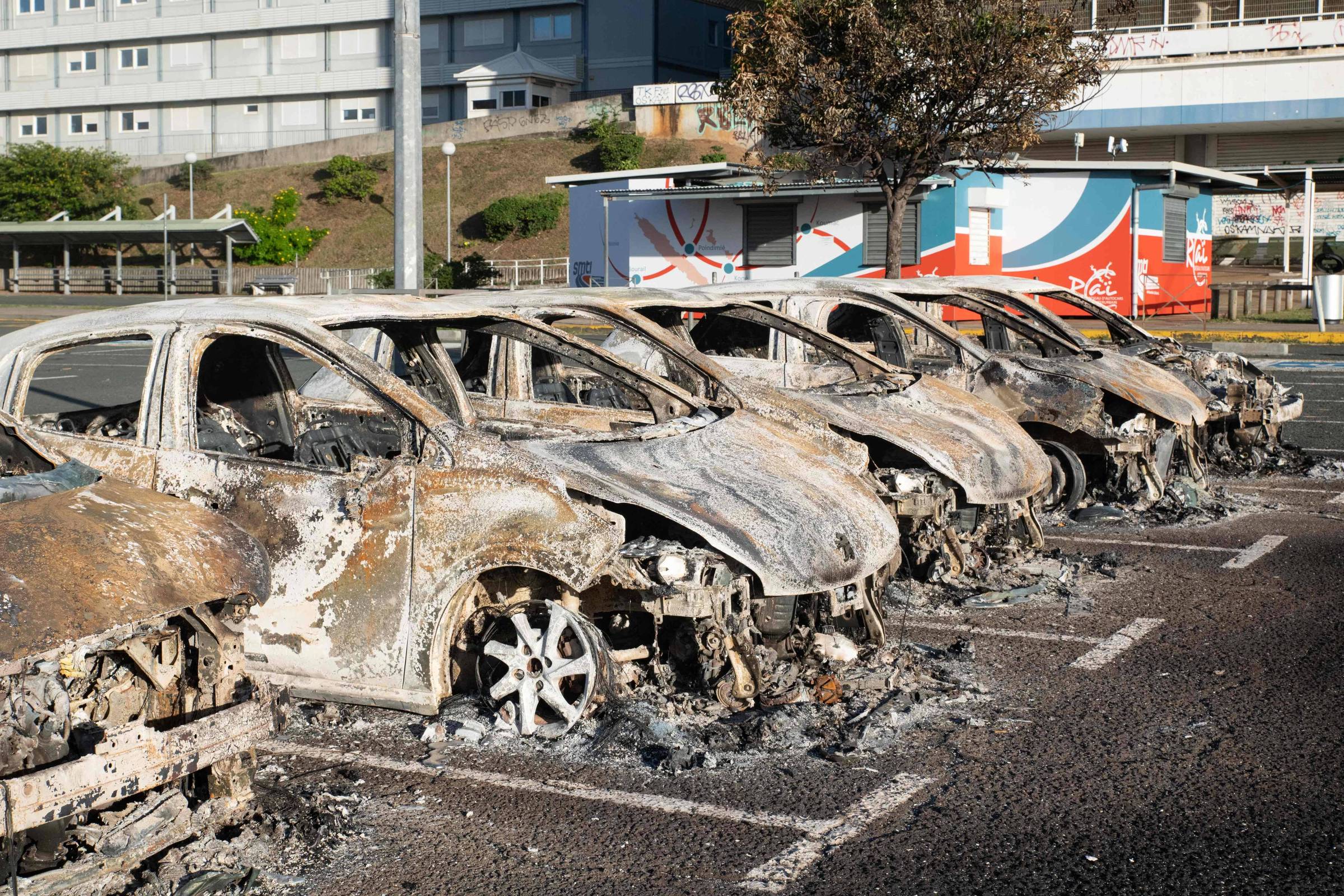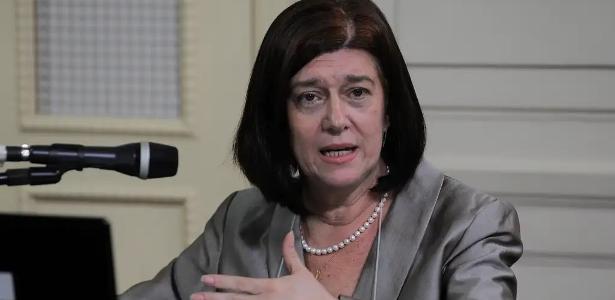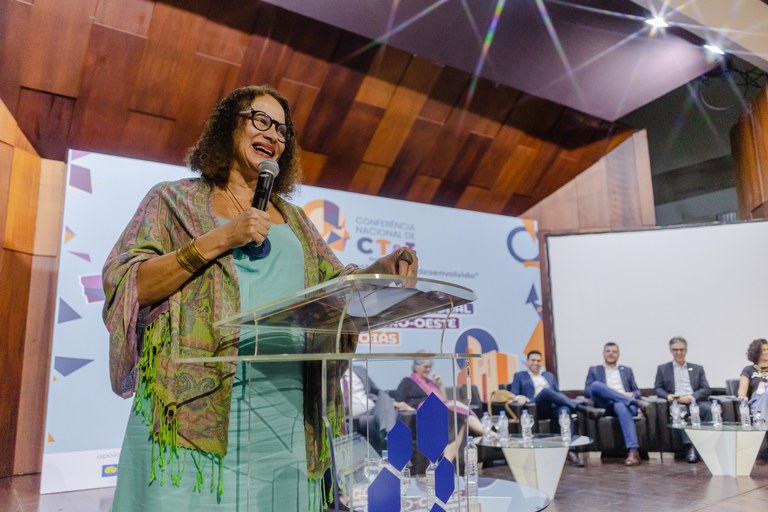To applause, the Minister of Science, Technology and Innovation, Luciana Santos, during the Central and Western Regional Phase of the 5th Regional Conference on Science, Technology and Innovation, announced more investments in science, technology and innovation in the region. On Tuesday morning (30), Santos participated in the opening ceremony together with the secretaries and representatives of ST&I from the three Midwestern states and the Federal District in the hall of the Federal University of Goiás in Goiânia.
“We have carefully considered the historically least favored regions in terms of resources allocated to the STI system. We are committed to reducing regional disparities. Therefore, each Pró-Infra notification provides 30% of resources for projects in the Central-West, North and North-East regions. Moreover , a rule has been agreed on the proportion of local counterparts and it is expected that in the notifications addressed to the Central-West region, for every reais allocated by research support institutions, the FNDCT will contribute 3 reais less, specifically to address this inequality “. .
However, according to the Minister, the 14-year pause without a conference and lack of dialogue is now being compensated by the commitment of President Lula's government to the state's technology and innovation agenda, and the resumption of investments in the region. These are measures such as increasing resources from the National Fund for Scientific and Technological Development (FNDCT), as well as getting closer to researchers, adapting to scholarship holders and public officials. At the meeting, she also spoke about the richness of the Cerrado bioregion and its potential for the development of science and technology.
José Frederico Lira Neto, Secretary of ST&I in Goiás, praised the initiative and spoke about the programs and projects implemented by the state for this sector, citing the Higher Education Master Plan initiative that had great popular participation. “Goiás has a lot to say, the land where ibi and soybeans grow is the land that offers a lot of solutions for the country,” he said. The minister also praised Brazilian researchers, especially those from the Midwest. “Researchers have an immeasurable quality: the courage to get up and do research every day.
Also participating in the ceremony were Alan Kardec, CT&I Secretary of Mato Grosso; Alexander Phelan, Executive Secretary, CT&I, DF; Ricardo Sena, Executive Secretary for Innovation, Mato Grosso do Sul; Dean of UFG, Angelita Pereira, Luciano Rezende, Deputy Secretary of SBPC/DF; and Dice Lima of the National Association of Graduate Students (ANPG).
Suggestions – During the final plenary session to conclude the event, the proposals presented at the state meetings in Goiás, Mato Grosso, Mato Grosso do Sul and the Federal District were discussed.
The states held the discussions according to the four axes representing the guiding principles of the 5CNCTI: Axis 1 – Restoring, expanding and strengthening the national science, technology and innovation system; The second axis – re-manufacturing on new foundations and supporting innovation in companies. The third axis – science, technology and innovation for national strategic programs and projects. The fourth axis – science, technology and innovation for social development.
Some of Goias's proposals were to expand and strengthen the research infrastructure uniformly across the country; And position Brazil in the technological revolution through a sustainable industrialization policy.
Mato Grosso proposed developing public policies while funding guidance projects for students and teachers; and CTI projects in management, production and social organization of cooperatives, associations and clusters in local communities.
Mato Grosso do Sul made proposals to promote and encourage entrepreneurship within universities – so that applied research can be transformed into businesses – thus strengthening the economy of MS and Brazil.
Finally, the Federal District includes, among some points allocated to the National Conference, the development of innovation based on state requirements based on the fight against climate change.
The proposals will be presented for discussion at the national stage of the 5th National Congress of CT&I, which will be held from June 4 to 6, at Espaço Brasil 21, in Brasilia. The proposals will be part of a new national science, technology and innovation strategy that will guide Brazil's future in the sector over the next ten years.

“Hardcore beer fanatic. Falls down a lot. Professional coffee fan. Music ninja.”







More Stories
Alien megastructures could be hidden in our galaxy
The Mais Ciência project initiates the creation of the Municipal Plan for Early Childhood – Campos 24 Horas
How to drink hibiscus tea to lose weight? See tips and recipe